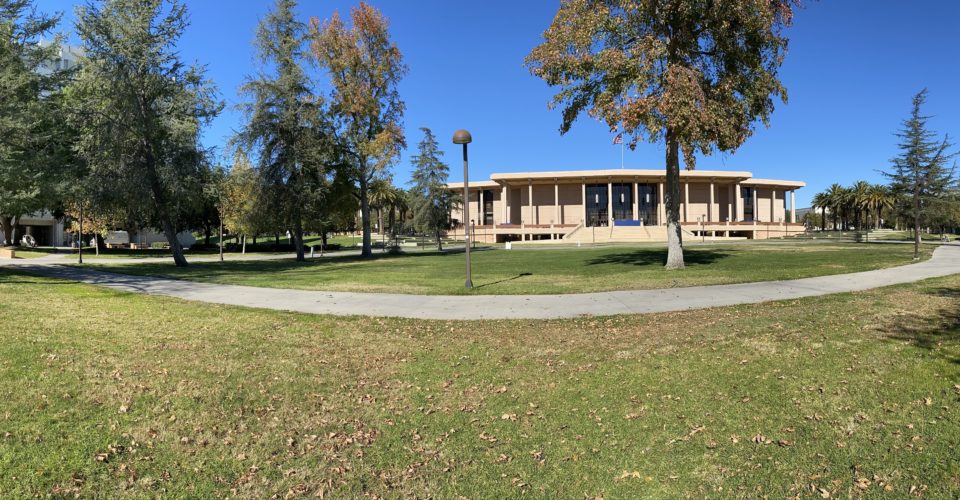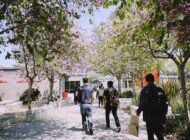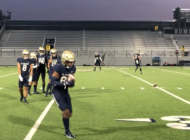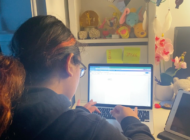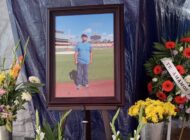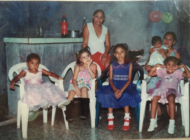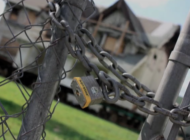California State University, Northridge, a campus that usually blooms with glowing faces, vacantly awaits its student return as they struggle to keep up GPAs in a virtual learning environment.
By GABRIEL KRONGOLD
EL NUEVO SOL
Los Angeles, CA — Dec. 10, 2020 — Once a campus full of flourishing faces California State University, Northridge now sits vacantly awaiting its students’ return. Finals are days away and there is no clear indication of when access to school amenities could become available again.
CSU Chancellor Timothy P. White strengthened these concerns after confirming in a September message to the university community that the 23 campuses plan to “continue with this primarily virtual instructional approach for the academic term that begins in January 2021.”
The struggle has been real in 2020. A pandemic ravaged our world and social unrest reached all new heights. In the midst of it all, college students are trying to continue attending classes and maintain passing GPAs.
A May 2020 U.S News article reports that a poll “from College Reaction/Axios showed that 77% of more than 800 college students surveyed said they felt distance learning is worse or much worse than in-person classes.”
Although the transition to online learning has been a challenge for many, there is some resilience. CSUN students Sofia Irfan and Nathan Serot are working through the tumultuous times to finish their degrees.
“I am actually one of those maybe few people who is enjoying an online semester,” Irfan said. “I think I just work better when I have more control over when I can do my work.”
Both students are seniors at CSUN and plan to graduate with bachelor’s degrees this coming spring. Irfan’s in public relations and Serot’s in jazz.
Jazz music works around improvisation and collaboration; during a pandemic, that can be incredibly challenging. For Serot, fall has been an uphill battle.
“I would go as far as to say it’s been a disappointment in many ways,” Serot said. “It’s just the fact that you know we do a creative/collective thing and to be shut off from that completely is hard.”
Serot and his classmates have faced severe setbacks this semester mainly due to using an online audio-digital workspace called Soundtrap to record music together. One bright side is they’ve taken part in MasterClass lessons lead by professional musicians that usually wouldn’t be available to them in-person.
On the other hand, being a public relations major, Irfan can work more independently. Her field is better suited for adapting to an online setting.
“So my professors basically changed the modules this semester so that we didn’t have any teamwork anymore like in previous semesters,” Irfan states. “I think that’s been really helpful, to be honest, because they really are accommodating for like an online learning environment.”
Irfan and Serot both felt like their professors are doing a “great job,” considering the circumstances. Everyone is trying to make virtual learning work and for specific majors, the transition is more complicated than others.
“The jazz program has a new department head she just started this semester and she’s doing a really fantastic job of trying to make things seem as normal as possible and engaging with the students,” Serot said.
The solution for those majors that thrive on collective efforts and in-person environments is to be back on campus.
“It’s not the same; it’s not how it’s supposed to be, it’s not how it should be,” Serot said. “I hope this doesn’t become the new normal because then it’s how much do you want to keep playing music by yourself?”
According to the Office of Institutional Research at CSUN, 12,601 students like Serot enrolled in majors that rely on collaboration or face-to-face interactions this fall. Those departments include biology, chemistry and biochemistry, child and adolescent development, cinema and television arts, civil engineering and construction management, communication studies, electrical and computer engineering, geography and environmental studies, geological sciences, health sciences, kinesiology, manufacturing systems engineering and management, mechanical engineering, music, nursing, physics and astronomy and theatre.
Virtual learning is the temporary normal for the foreseeable future. Some tips from the University of Michigan’s Psychiatry Department are to “know it’s okay to feel how you are feeling,” “maintain a routine,” “practice good sleep hygiene,” “connect with others” and “take a break.”
Tags: COVID-19 CSUN Nathan Serot remote learning Sofia Irfan






